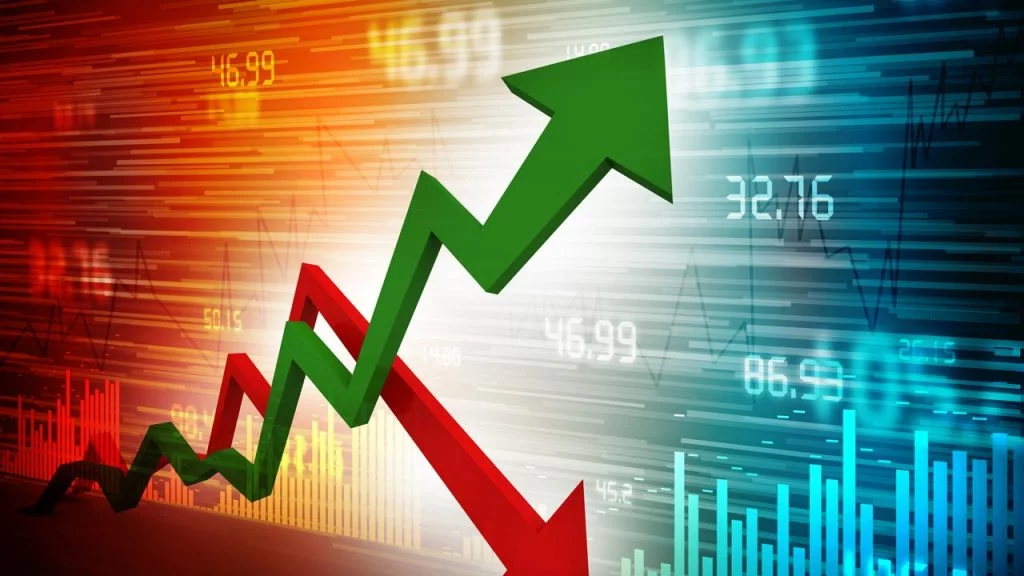Economists have explained why many Nigerians are not experiencing any real relief despite recent reports showing a slight drop in the country’s inflation rate. According to experts, the decline is mostly “statistical,” meaning it does not translate into immediate price reductions in the market. They noted that the cost of food, transportation, electricity, and rent is still rising, making daily living more difficult for the average household. As a result, many citizens feel disconnected from the official figures released by the government.
Another major reason Nigerians are not feeling the impact is because incomes have not increased alongside inflation. Economists say wages remain stagnant while essential goods continue to get more expensive. This creates a wide gap between earnings and expenses, forcing families to cut down on food, healthcare, and education. Even though inflation may slow down, the high price level remains a heavy burden on millions of people.
Experts also highlight the weak supply chain as a key factor. Issues such as fuel scarcity, insecurity impacting farmlands, high transportation costs, and unstable electricity supply continue to drive production costs up. Businesses pass these expenses to consumers, keeping prices painfully high. Until these structural challenges are fixed, Nigerians are unlikely to feel any difference.
Economists therefore urge the government to focus on improving wages, stabilizing energy supply, supporting agriculture, and reducing transportation costs. Only then will ordinary Nigerians see real change in the market. They emphasize that inflation dropping on paper means little if the price of food and daily essentials remains out of reach for most citizens.







